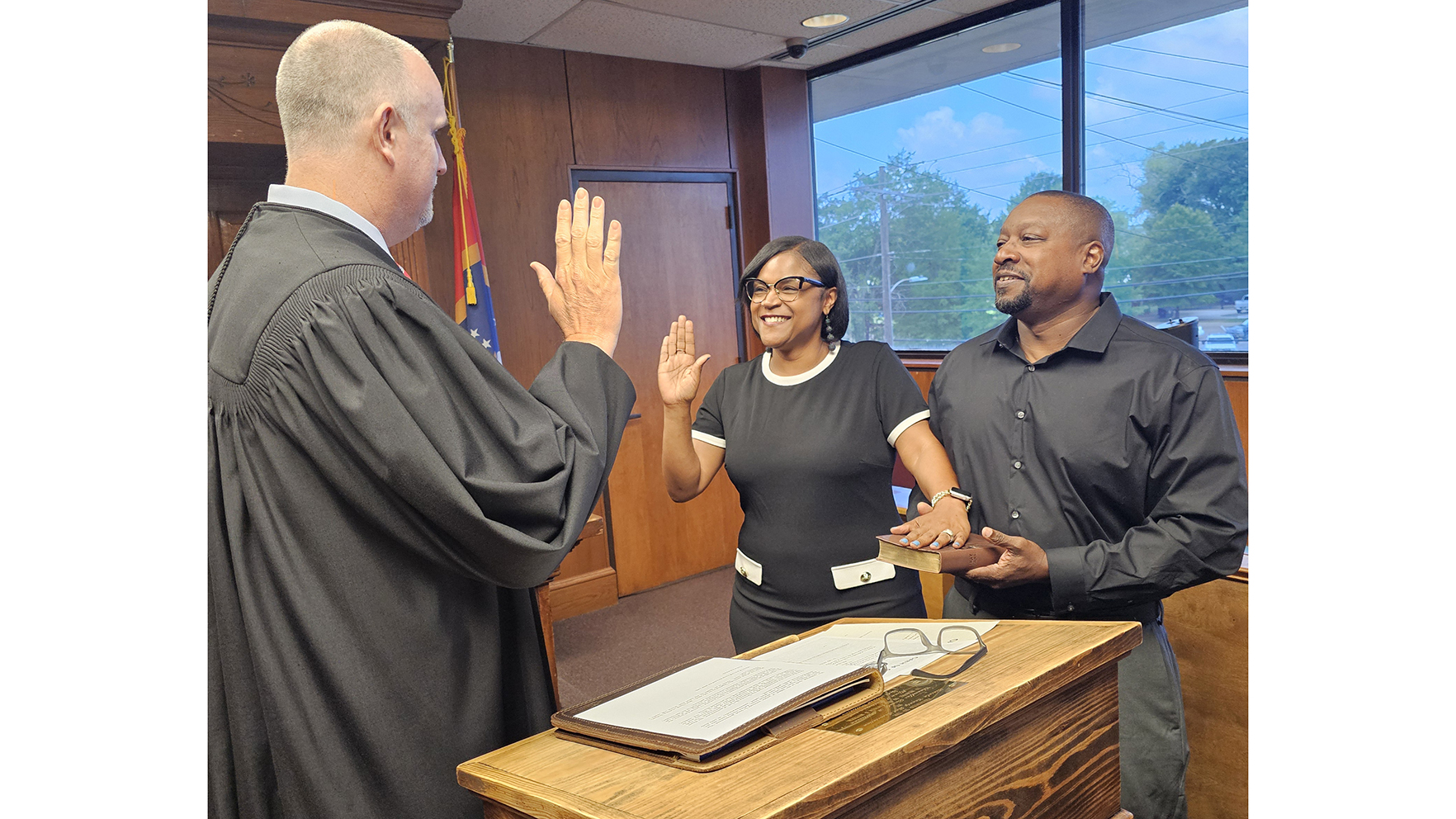Coram deo: my take on HB1523
Published 10:49 am Wednesday, April 13, 2016
Over the last week, I’ve read several opinion pieces concerning Mississippi’s Protecting Freedom of Conscience from Government Discrimination Act. You’ve probably heard of this new bit of legislation, the one that has propelled our state into the national spotlight in what many deem to be a most negative way. May I humbly submit that printing overused mischaracterizations (“let haters hate”) and vulgar references (I’ll leave that one out) don’t do much for our reputation either?
But that is beside the point.
I would prefer to focus on one writer’s suggestion that readers look in the collective mirror and ask themselves: Is this who we really are? I think that’s a good idea, because a little reflection just might explain why our lawmakers felt compelled to introduce such a law in the first place.
Take a hard look and tell me what you see in the Mississippi mirror. Is it a state that wants “self-perception” bathrooms like the ones in California’s public schools? Is it a state that will accept activist attacks on stance-taking florists, like the ones Barronelle Stutzman of Washington has endured? And what about that case of censorship over in Georgia, where Atlanta Fire Chief Kelvin Cochran was fired for writing a book on his own time that referenced biblical views on sexuality — do we want that, too?
From my reading of it, it seems that HB1523 simply seeks to:
• protect pastors who won’t perform weddings for same-sex couples.
• protect surgeons who won’t do sex-reassignment surgeries.
• protect adoption agencies that won’t place children with same-sex couples.
• protect counselors who won’t provide marriage counseling for same-sex couples.
• protect schools that won’t base access to sex-specific locker rooms on preference.
• protect employers who won’t hire men who wear dresses.
And I’m not alone in this perception of protection. Forest Thigpen of the Mississippi Center for Public Policy wrote this about the false assertions being levied by opponents of the new law: “HB1523 is not forcing anyone’s view on anyone else. On the contrary, it is protecting people from having someone else’s views forced on them to violate the tenets of their faith.”
So why is a new law necessary when we already have the First Amendment? According to a survey conducted by First Liberty Institute, attacks on religious freedom have tripled in the last five years. One of the most famous instances involves bakery owners Aaron and Melissa Klein, an Oregon couple who lost their business after refusing to participate in the 2013 celebration of a gay wedding. Three years later, the court battles are still ongoing.
Attorney Jeremy Diaz says his firm took on the Kleins’ case because they believe it may eventually determine whether Americans will be allowed to engage their faith at work. “Every American should fear a government that tells them what they can and cannot believe,” Diaz stated in a report broadcast by WORLD Magazine last week. “If this can happen to Aaron and Melissa, it can happen to anybody across this country.”
Obviously, our state has taken a difficult (and perhaps costly) stance to proactively protect pastors, religious organizations, and business owners who don’t want to celebrate what the Bible calls an abomination. But here’s a correlation that isn’t getting much airtime — Mississippi’s legislative action is very similar to what federal lawmakers did after Roe v. Wade was instituted. That’s when health care conscience statutes (like the Weldon Amendment and the Public Health Service Act 245) were enacted, putting safeguards into place for physicians and nurses who don’t want to participate in what the Bible calls murder.
And here’s the kicker for folks on either side of the fence (or straddling it): life can’t be compartmentalized into “sacred” or “secular.” Those with sincerely held religious views, as HB1523’s wording describes them, understand they’re living coram deo (Latin for “before the face of God”), and this knowledge affects everything they do. When changing societal norms conflict with the ability to conduct lives and businesses to the glory of God, the “sincere” will respond as they must. Unfortunately, there will be those who mistakenly view their responses as bigotry. At least after July 1, Mississippi will have some protection in place when they do.
Wesson resident Kim Henderson is a freelance writer who writes for The Daily Leader. Contact her at kimhenderson319@gmail.com.





